NASA researchers found a connection with LED lighting and how it affects people and plants. In 2011, NASA wanted to change their lighting systems and investigated the option of LED lighting. This became the start of the Solid-State Lighting Assembly (SSLA) within the Kennedy Space Station. The SSLA then decided to use the new lighting modules they created with LED lighting throughout the space stations. The LED lighting modules helped make the station more energy-efficient by consuming less energy and giving off less heat than fluorescent lamps. After this change, the astronauts noticed a positive change in their mood and behavior. They reported that they felt better rested and the lights were helping with plant growth.
With this new research and technology, companies began jumping at the opportunity to market these lamps and help advance the technology even further. These companies have developed lighting technology that matches our daily rhythms and time. Some lighting control devices can make lighting replicate the way natural light adjusts during the day into nighttime. There are also lamps that help induce sleepiness or wakefulness.
LED lighting manufacturers have innovated lighting that can help with disinfecting and decontaminating areas with UV lighting coinciding with air filtration systems to help prevent the spread of Covid-19. Other companies developed a way for lighting to help the growth of plants. These types of products can help the agriculture industry as well.
Click here to read the full article, originally posted February 7, 2022, by Tech Briefs.

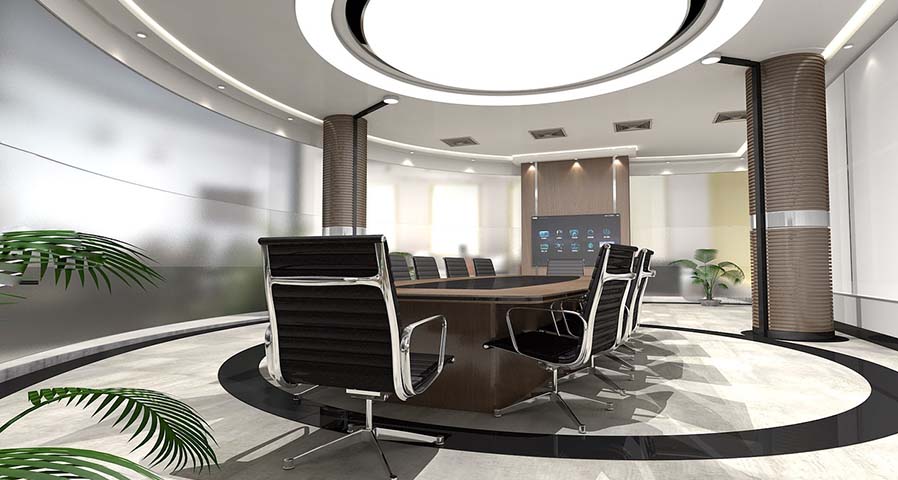

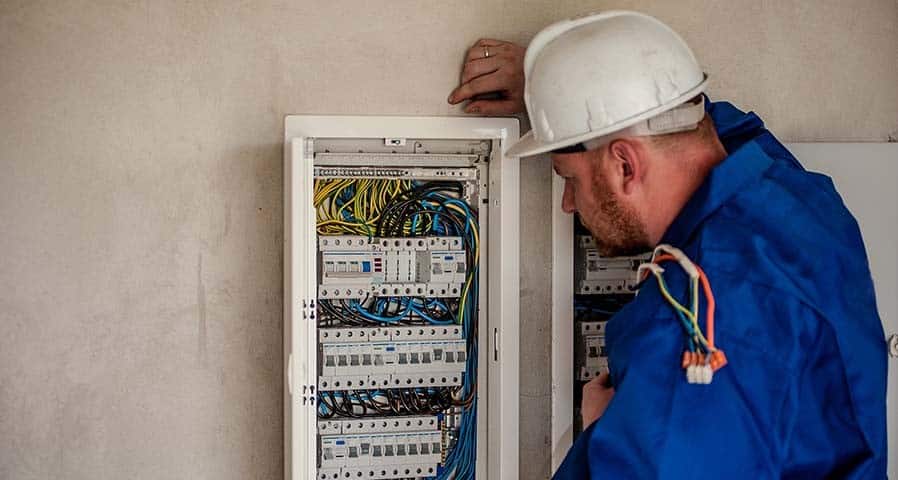
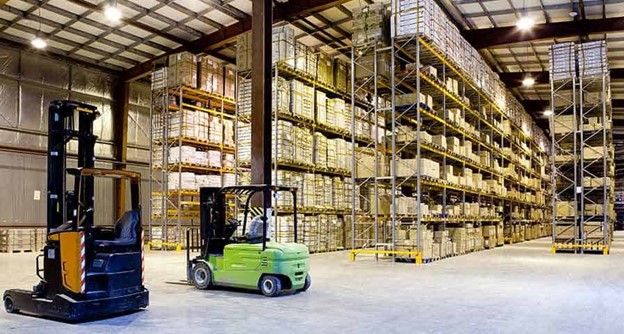
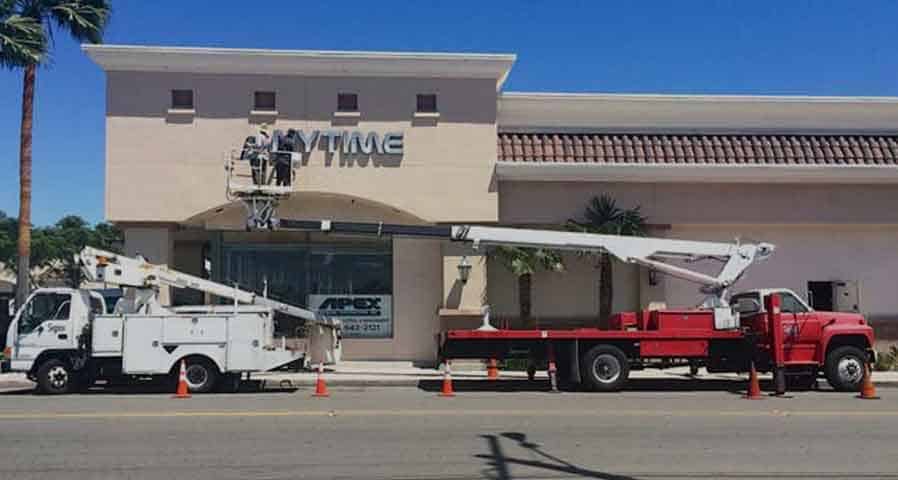

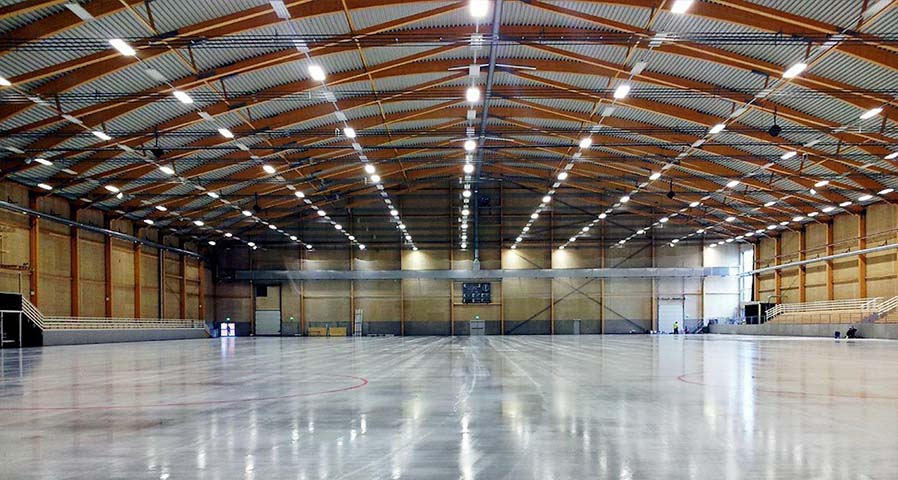
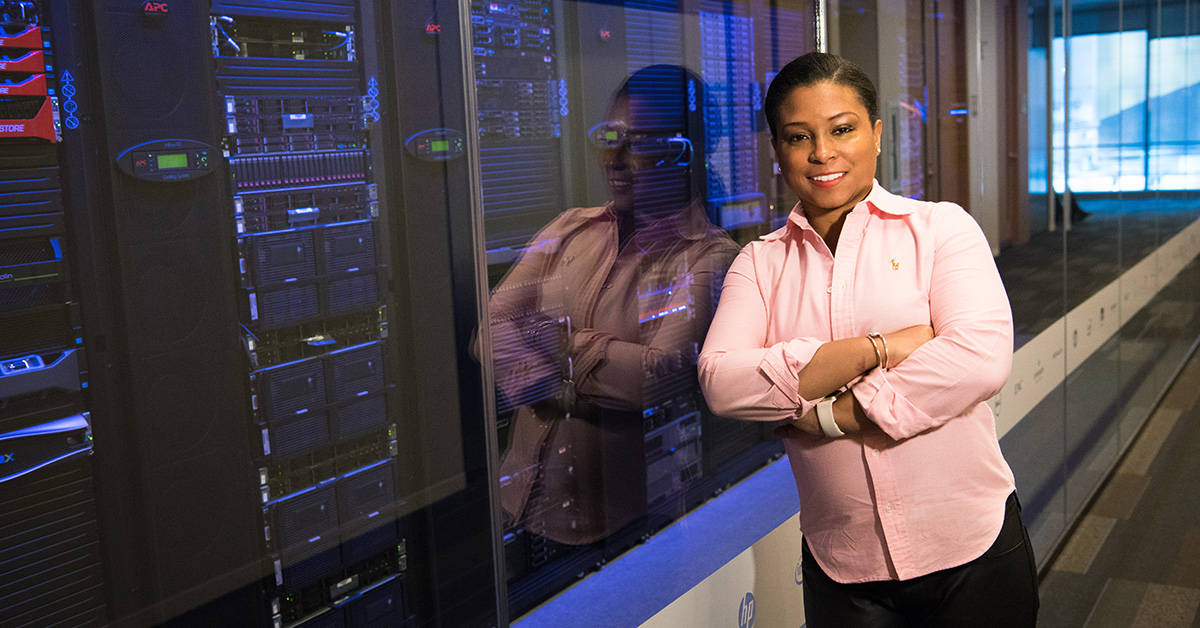




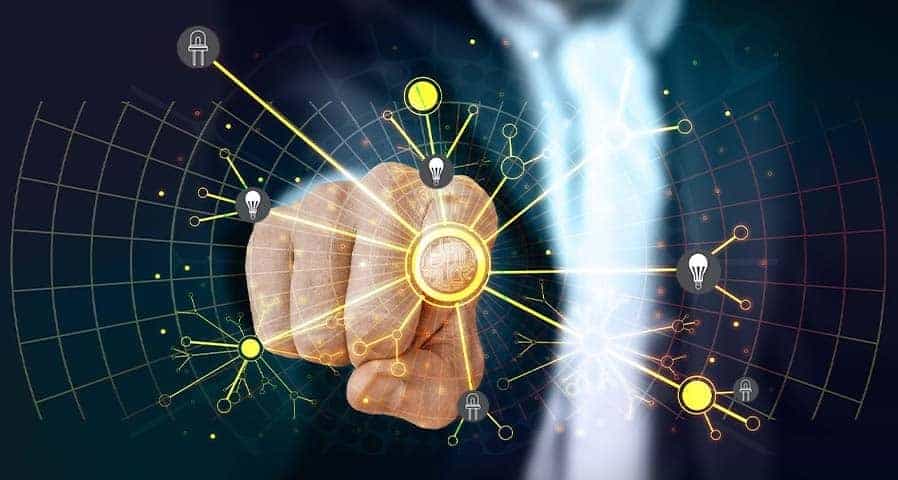
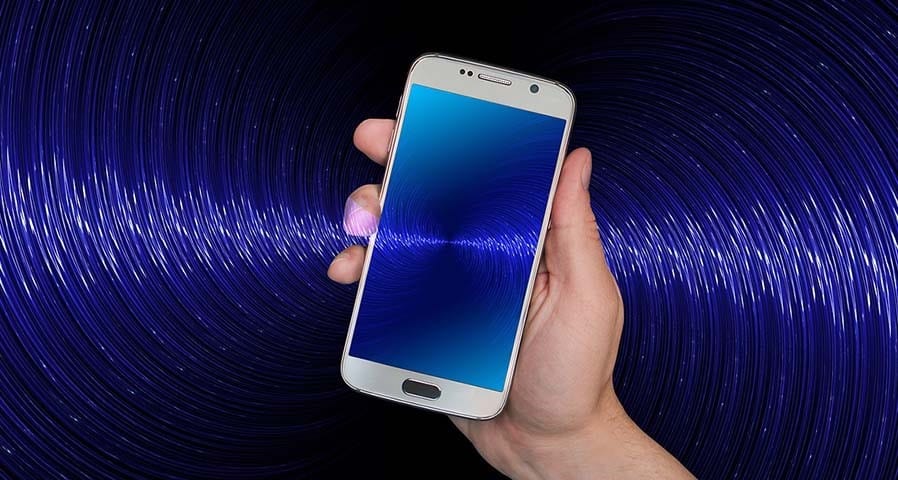

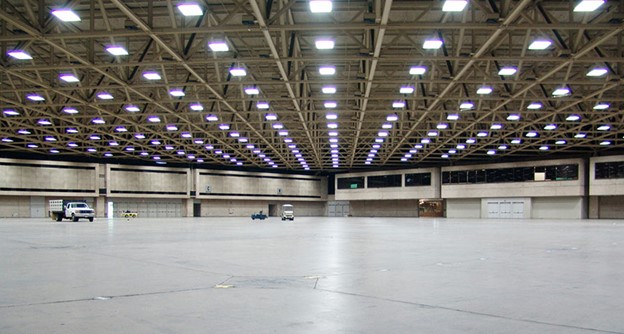
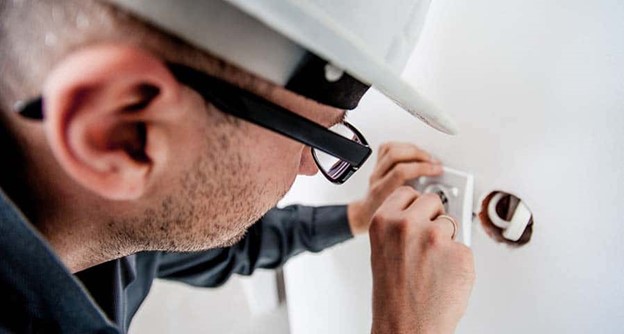

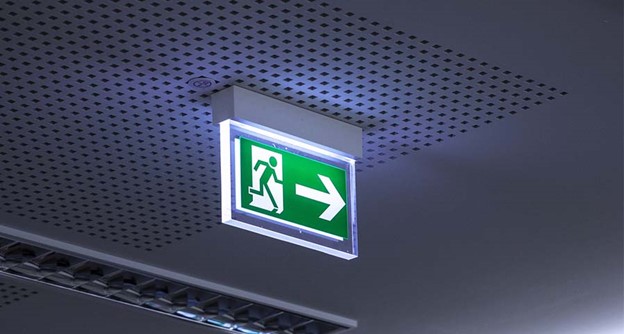
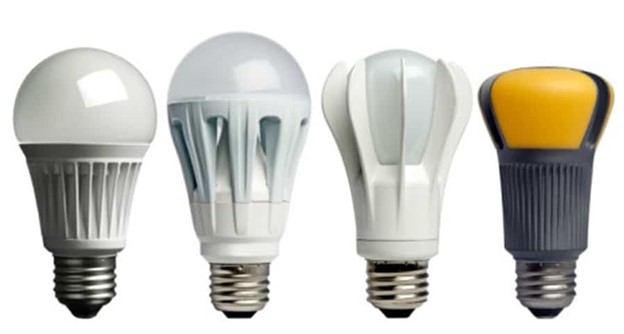
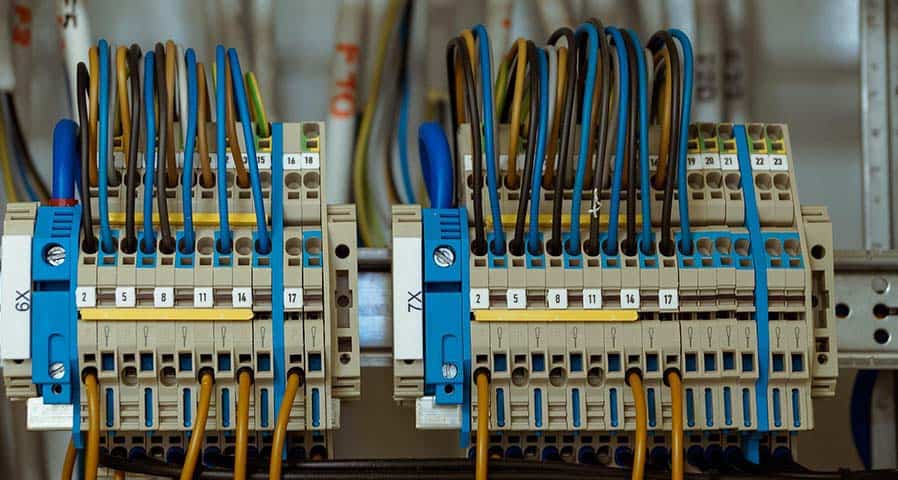

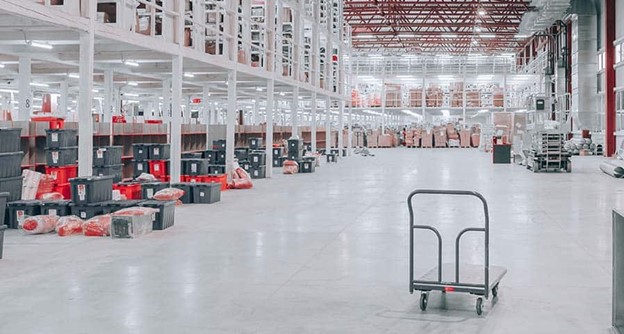

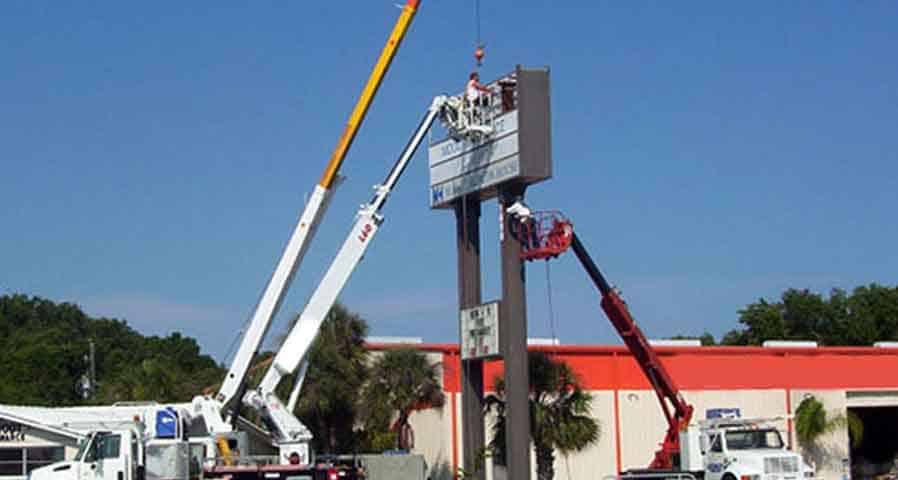

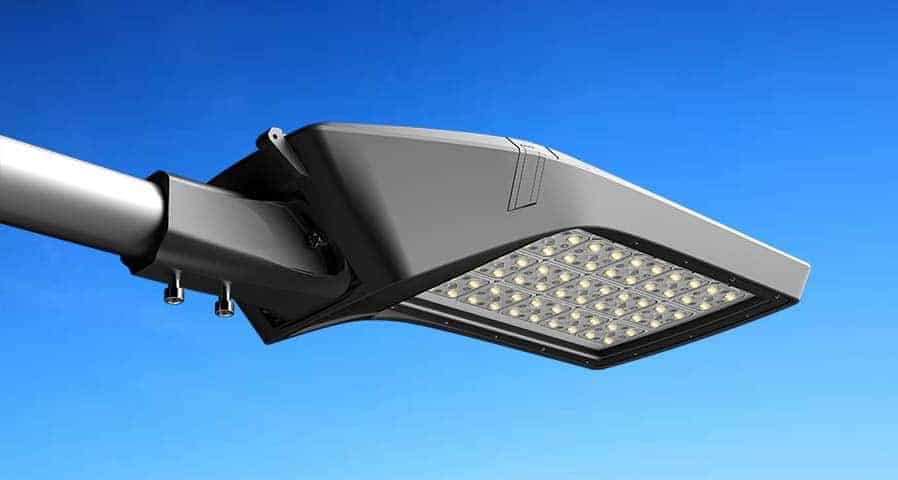

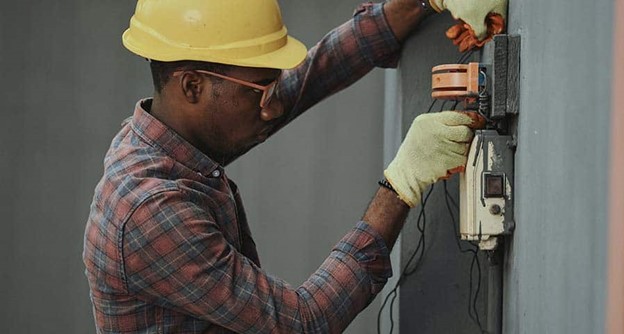
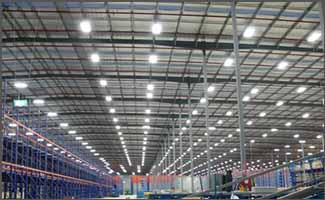







0 Comments